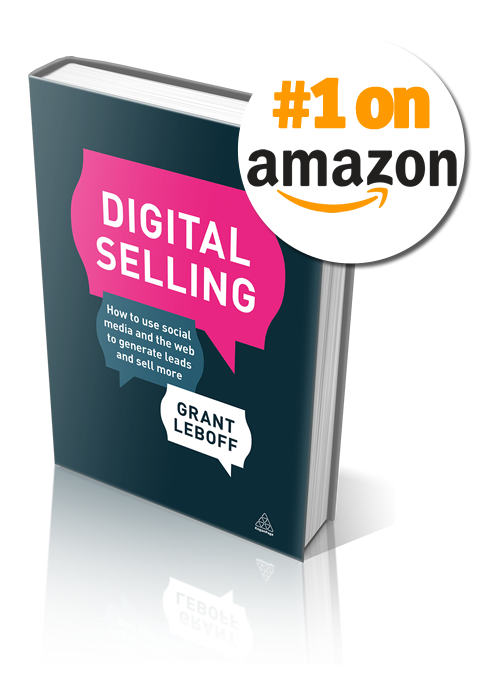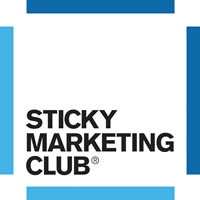About this video
What is ‘The Experience Economy’?
Video length: 4:18
Dave Harries: Grant, I want to talk to you now about something you mentioned in the book called ‘The Experience Economy’, first of all, what is ‘The Experience Economy’?
Grant Leboff: Okay, so really the product economy is obviously easy to understand, we used to buy products and sell products and that was kind of it. As products became commoditized and ubiquitous people found it harder and harder to differentiate by product, so they created services around products; extended warranties, free deliveries, all sorts of guarantees of ‘get your pizza in thirty minutes or your money back’, these were kind of, a suite of services that were dressed around products in order to differentiate. The experience economy goes beyond that.
The difference between an experience and a service is two fold really, an experience is done with you, not to you. So you become part of it, think of a football match, where if the crowd don’t turn up, the sense of occasion wouldn’t be there, even with all the star players. And the other port is an experience worries about what the emotional deliverable is, so whereas the service has KPIs, you know your money back if you don’t get the delivery in thirty minutes or we answer the phone in three rings or whatever the KPIs are, which is still important. The experience goes further and thinks about “How do I want my customer to feel?” So it becomes more three dimensional.
Dave Harries: And as a salesman, perhaps who’s steeped in more traditional methods and is trying to adapt to the new world, how can you utilize that?
Grant Leboff:Well it becomes very, very important because in a world where the barriers to market entry have disappeared for many businesses and, therefore, differentiation becomes harder and harder because there are just so many players and it’s so easy to copy and the speed in which people react to things has changed, you often can’t differentiate by what you do anymore. But you can differentiate by how you do it and, therefore, the sales experience, the experience you give as a sales person, within meetings, within the whole interactions with you, the insight you give is really where the value is. You can see, when you’re selling a service, you can see a situation where a sales person, with the insight they give, the customer feels they’re going to get more value from that person than anybody else and, therefore, you get the deal, not because of what you do, what you do is the same, but because of who you are and the value they believe they can get, so that sales experience becomes very important.
Dave Harries: So how did this Experience Economy come about, how did it emerge?
Grant Leboff: Well in the digital age where everybody’s got a channel, what’s happened is, is that we are no longer taught to be passive, but active. If you think 20 years ago the main entertainment in most countries, watching TV was just a passive activity, they coined the phrase ‘couch potato’ because you just sat there and did nothing. No-ones ever used the word ‘web potato’ because although, from a physical point of view, it’s still sedentary, actually from a mindset point of view, you’re clicking, you’re doing and you’re commenting. It isn’t a sedentary activity from a mindset view, it’s very active, and so we’re being taught we can have a say, that we can get involved and therefore people want to be more involved in things.
The other thing that’s happened is that we live in a world today where there’s more utility in the things that you do, than things that you own. And there’s reasons for that, the first is because there are still differences between the have and the have nots, but they’re less stark. In other words there are discount clothing stores, we can all get the latest fashions, they might be different brands, but we can do that. There are different price ranges of tablets and laptops and we can all get those. So the difference between the have and the have nots has diminished somewhat.
Also the utility of products has diminished because if you think about it, I always think about this, I used to own books, I bought books, I bought music, I bought albums, I used to own a compass, I used to buy a diary, I used to have address books, all of that stuff has become software. So much of the things that we used to own, nice leather diary, nice leather address book, all of these things have become software. I used to own a pen, now I write everything on my tablet. I don’t need a pen. So much of what we used to own has become diminished, but actually we define ourselves more by the experiences that we have and social media, Instagram… we can take pictures and all of these kind of things. It’s a very good platform for sharing those experiences.
There may be small changes to the spoken word in this transcript in order make it more readable.


